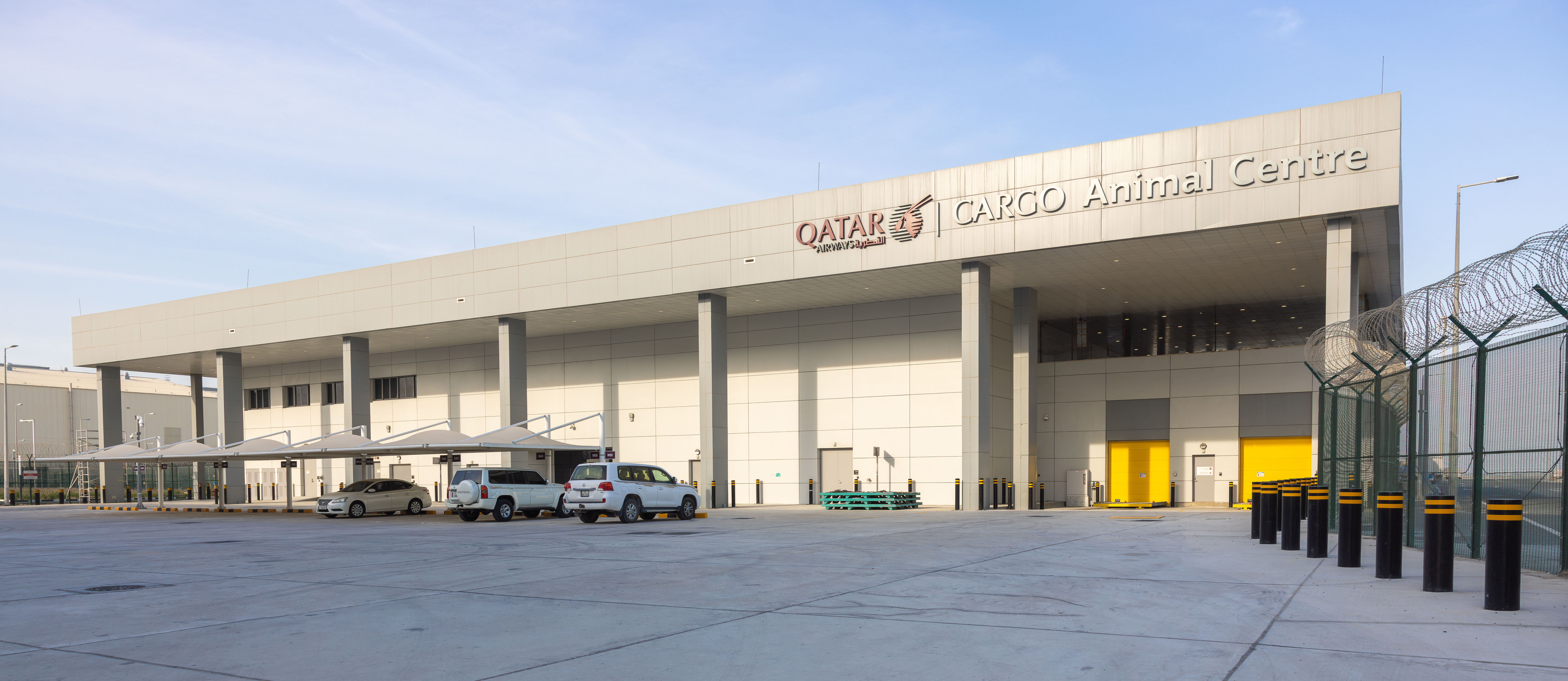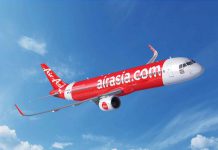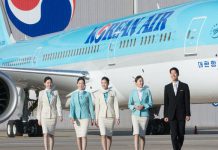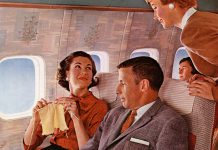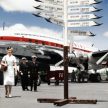Australia’s aviation safety regulator says it is satisfied Jetstar is meeting all the relevant civil aviation safety regulations despite a finding by WorkSafe NSW about issues affecting ground workers.
However, the Civil Aviation Safety Authority indicated it may look at the findings by the state agency that there were inadequate safety procedures around aircraft and staff levels were dangerously low.
“As Australia’s Aviation Safety regulator, CASA does not have do not have a role in State work health and safety regulations but we will routinely assess whether there are any aviation safety-related issues from the findings of another regulator,’’ CASA said in a brief statement.
READ: Qantas passengers forced to use chute to evacuate plane.
“We have no further comment at this stage.”
Jetstar has strenuously denied the safety allegations, first raised as part of industrial action by ground handlers, and argues its staffing levels are in line with global practices.
The low-cost carrier faces separate industrial action by members of two unions – ground workers covered by Transport Workers’ Union and pilots represented by the Australian Federation of Air Pilots — but both disputes about pay and conditions.
The TWU members walked off the job Friday and the airline canceled about 30 flights.
The airline faced four-hour strikes by pilots over the weekend the led to the cancellation of another 90 flights and will need to contend with low-level action by pilots in the coming week and another planned walkout by ground workers on December 19.
However, the pilots have promised not to strike over the busy Christmas week.
Jetstar chief executive Gareth Evans said Saturday that the airline was doing everything possible to minimize disruption and get passengers to their destination on the day of travel.
Commenting on the pilots’ action, Evans said the airline wanted to do a deal but was not going to do that outside the framework of the Qantas Group’s 3 percent cap on wage rises.
“This situation is very, very sad,’’ he said. “We absolutely want to do a deal that rewards our people for the great work that they do every day but we’re not going to do that at any cost.
“The pilot union is demanding a 15 percent wage rise in the first year. Captains earn over $A300,000 a year, they work 30 percent less than the average Australian, and that level of pay rise simply isn’t sustainable.
“We say call off the action let’s get back to the table. We’ve got a 3 percent pay offer on the table, which is 40 percent above current private-sector wage growth, with the ability to earn more if it’s paid for by trade-offs.
“And there’s an area for negotiation.”
The AFAP has disputed Jetstar’s claim that it is demanding a 15 percent wage rise, accusing it of manipulating the figures.
It says it is seeking a 3 percent wage rise as well as changes to conditions such as rostering and fatigue management.
It accuses management of exaggerating and inflating the cost of pilots’ non-salary claims while ignoring or undervaluing the benefits and efficiencies of the concessions that have been offered.
But Evans said the fact the union was taking action suggested that what it had on the table was much more than the 3 percent it claimed.
“And if it’s the deal that was the last one that was put on the table, we cost that at a 15 percent cost rise which ultimately is a pay rise for pilots and that is simply unsustainable,’’ he said.
The Jetstar boss said there was a range of terms and conditions that added up to 15 percent costing by management.
“Pilot agreements are complicated,” he said. “It’s not a straight-forward role. It’s made complicated by the rosters, the work practices, the slips and allowances so costing it is complicated.”
He said the airline had the data, systems and experts to make the costings and they had been peer-reviewed.
“Look if there’s an error in there we would be the first to admit that because we’re not incentivized to get this wrong,” he said.
Evans said airline would only return to the table if discussions were going “to demonstrably take us forward”.
“If we’re simply going to rehash the existing position then there’s not a whole heap of value in doing that,’’ he said.


